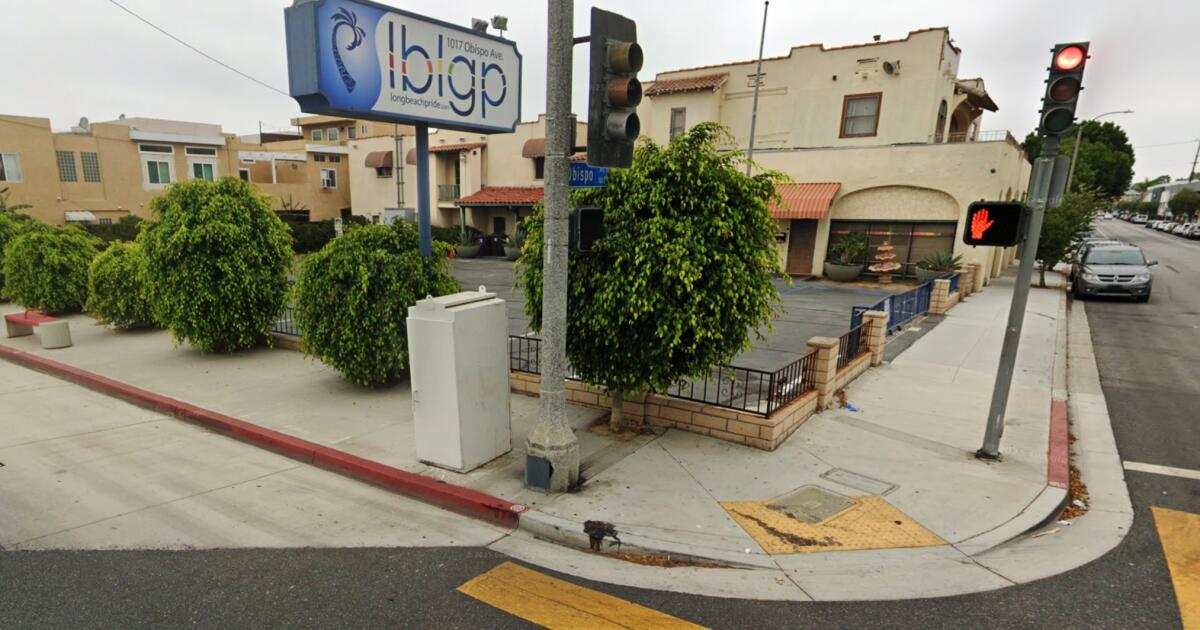The Union authorities on Friday instructed the Supreme Court docket that the Waqf Modification Act, 2025 didn’t infringe the spiritual freedoms assured by the Structure because it confined itself to secular dimensions equivalent to file administration, procedural reforms and administrative construction.
In a preliminary affidavit filed earlier than the Apex Court docket in response to the petitions difficult the 2025 Act, the Ministry of Minority Affairs submitted that the amendments have been solely meant for the regulation of the secular facet relating to the administration of the properties and therefore, there was no violation of spiritual freedoms assured beneath Articles 25 and 26 of the Structure.
Noting that the 2025 Act squarely fell inside the permissible regulatory energy of the State, the Central authorities mentioned the legislation clearly restricted itself to non-essential practices and didn’t intrude with the issues of prayer, ritual or basic Islamic obligations. The Act additionally didn’t violate the basic rights assured beneath the Structure.
It mentioned the Waqf Act, 1995 conferred the popularity of waqfs as a sound statutory dedication of property, which continued to guard the spiritual rights of a Muslim particular person or a neighborhood usually, and remained unchanged until date.
The secular provisions of proving such a dedication and the administration of such properties, together with stopping their waste or misuse, have been permissible beneath the constitutional framework, it added.
The affidavit submitted that the omission of ‘waqf-by-user’ wouldn’t have an effect on the prevailing waqf lands, which have been already registered.
The Centre asserted {that a} false narrative was being created that this omission would affect the centuries-old waqf lands, which didn’t have particular deeds.
As per the proviso to Part 3(1)(r), there was no want to supply any doc to get the popularity for present ‘waqf-by-user’ lands. The one situation was that they should have been registered by April 8, 2025 (the date of notification of the Act).
The registration of waqf lands, nonetheless, was not a brand new situation. This requirement was already there for 100 years, ever for the reason that enactment of the Mussalman Wakf Act, 1923. An identical mandate was there within the Waqf Act of 1954 and 1995, it identified.
Regardless of the existence of ‘waqf by consumer’ idea, the requirement of registration or self-declarations earlier than the Court docket was made necessary to make sure that regulatory provisions of the enactments achieved the supposed goals. This clear and necessary legislative regime sought to implement and implement the registration necessities on all types of waqfs since not less than 1923, it added.
The Centre mentioned it was too late within the day for anybody to assert that though it claimed to be a real waqf, it was but not registered until as we speak.
Concerning the inclusion of non-Muslims within the Central Waqf Council and State Waqf Boards, the Union of India mentioned that the Central Waqf Council performed solely a common advisory position and didn’t take care of any particular land.
Taking the view the truth that the Waqf Board was a secular physique and never a consultant physique of Muslims, the Ministry mentioned the State Board exercised secular regulatory powers and judicial pronouncements.
Noting that Article 26 didn’t confer the suitable to manage a property as per the tenets of a faith, the affidavit contended that the modifications didn’t affect the spiritual rights of Muslims in any method.
The modifications wouldn’t make the Muslims a minority in these our bodies. The utmost variety of non-Muslims within the Central Council was 4 (out of twenty-two members) and three in Boards (out of 11 members), assuming the ex-officio members have been additionally non-Muslims.
Through the course of listening to, the Apex Court docket requested whether or not the Muslims might be included within the Hindu boards. The Ministry mentioned that Waqf was a wider and ever-evolving idea, as in comparison with Hindu spiritual endowments. All States of the nation didn’t have legal guidelines coping with Hindu spiritual endowments. In lots of states, they have been handled by common legal guidelines relevant to trusts.
Since Waqf Boards usually exercised jurisdiction over properties belonging to non-Muslims, the presence of non-Muslims within the Boards would stability the constitutional equities on each side, it added.
Concerning the inclusion of a authorities officer to determine whether or not a Waqf land encroached upon was a authorities land, the Ministry mentioned there have been startling examples, whereby Authorities lands and even personal lands have been declared as waqf properties.
Since Authorities lands have been held in public belief, the legislature might present a mechanism to guard them and adjudicate the disputes pertaining to the identical.
It mentioned the rationale for these provisions arose from repeated and documented situations throughout the nation, whereby Waqf Boards had claimed title over authorities land, public utilities and even protected monuments with none deed, survey, or adjudication, relying solely on the Board’s unilateral data.
These included, inter alia, waqf claims over Collector’s offices, authorities colleges, ASI-protected heritage websites and land vested in State or municipal authorities, it added.





















